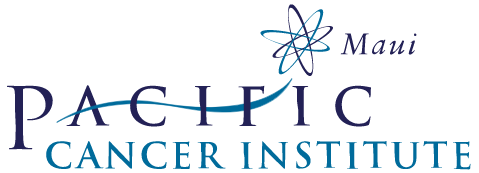National Cancer Prevention Month
February is National Cancer Prevention Month and the American Institute for Cancer Research (AICR), an American cancer research organization associated with the World Cancer Research Fund, states that research has shown that more than 40 percent of all cancers diagnosed and nearly half of all deaths from cancer in the United States can be attributed to preventable causes – things like smoking, excess body weight, physical inactivity, and excessive exposure to the sun.
In honor of National Cancer Prevention Month, the AICR recommends three evidence-based cancer prevention guidelines to help you focus on what is important.
Choose mostly plant foods, limit red meat and avoid processed meat.
You already know that limiting sugar and high-calorie treats is a good idea, but did you know that if you make an effort to prepare meals focused around vegetables, fruits, whole grains, and beans, you’ll help fortify your body against cancer?
Be physically active every day in any way for 30 minutes or more.
Being physically active for a total of least 30 minutes a day, whether you’re walking, vacuuming, dancing or scuba diving, will lower your risk for colon cancer and possibly several other cancers as well.
Aim to be a healthy weight throughout life.
Carrying excess weight has been linked to six different types of cancer. The good news is that once you start following the first two guidelines about diet and physical activity, you’ll find it easier to accomplish this one.
Another way you can reduce your risk for cancer is by getting screening tests that can help find cancer at an early stage, before symptoms appear. When abnormal tissue or cancer is found early, it may be easier to treat or cure. By the time symptoms appear, the cancer may have grown and spread, making the cancer harder to treat or cure.
The earlier doctors can detect changes in tissue, the better the chances of removing cancer with few complications. Below are five important cancer screenings that can save lives and prevent tumor development.
– Colonoscopy for colon cancer
– Low-dose CT scan for lung cancer
– Mammogram for breast cancer
– Pap test for cervical cancer
– PSA test for prostate cancer
– Skin cancer screening for skin cancer
If you, or a loved one, have recently been diagnosed with cancer or have questions about treatment options, please contact the Pacific Cancer Institute today. Our physician and staff have extensive experience treating patients with radiation therapy and delivering quality care in a compassionate manner.
For more information on the Pacific Cancer Institute, or to schedule an appointment, please click here.
